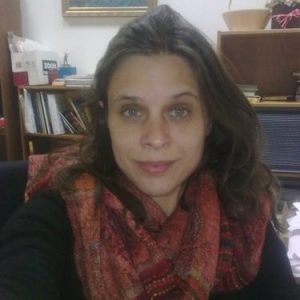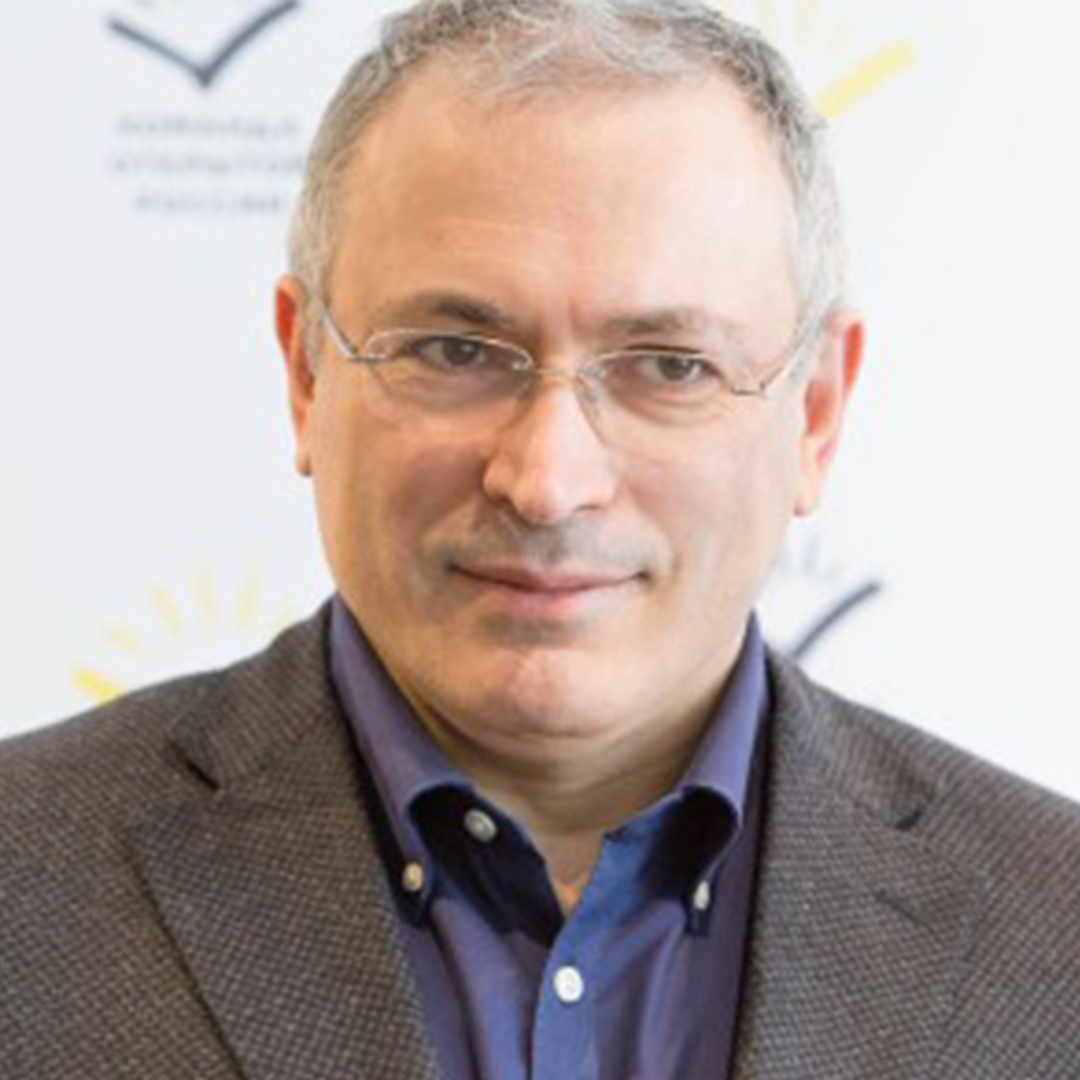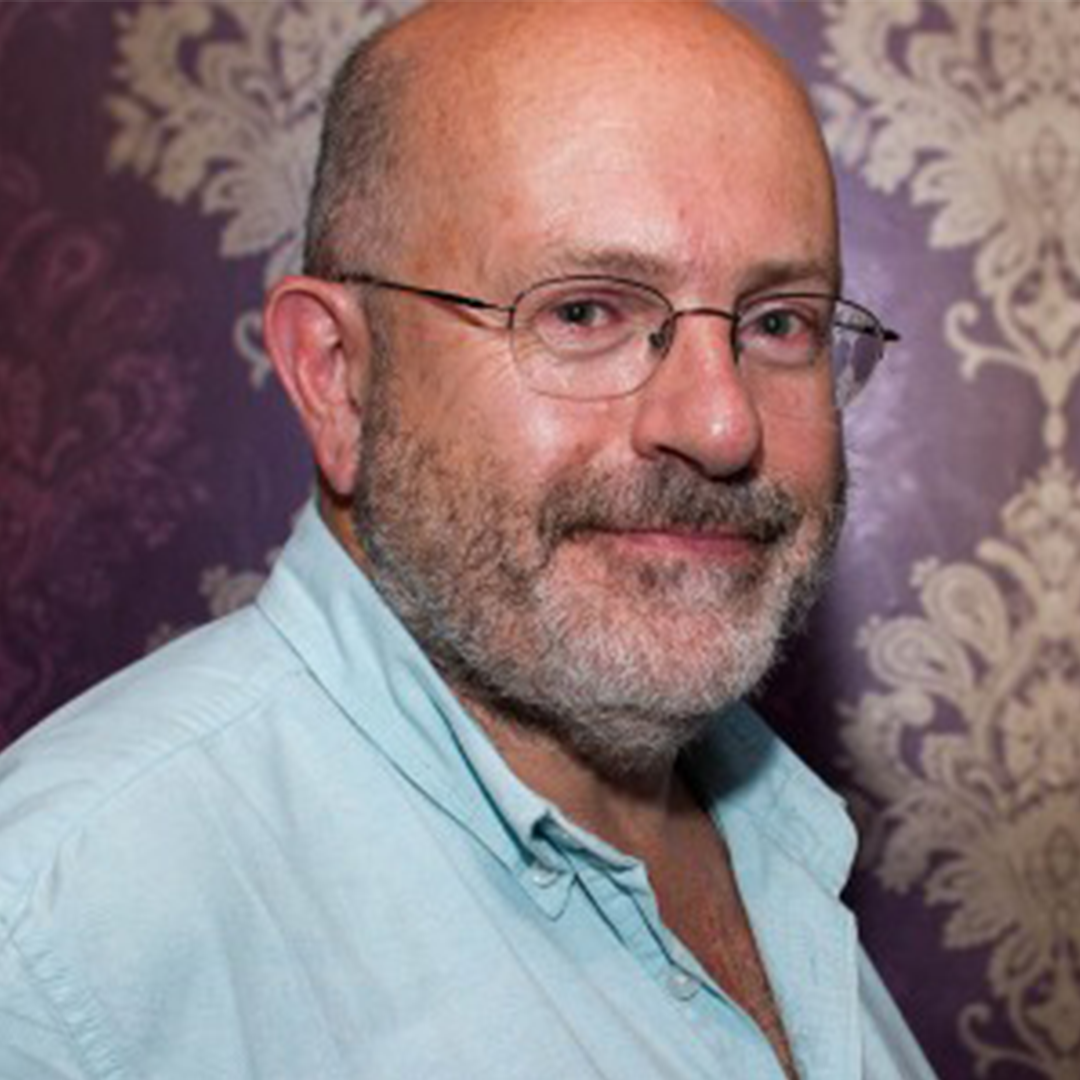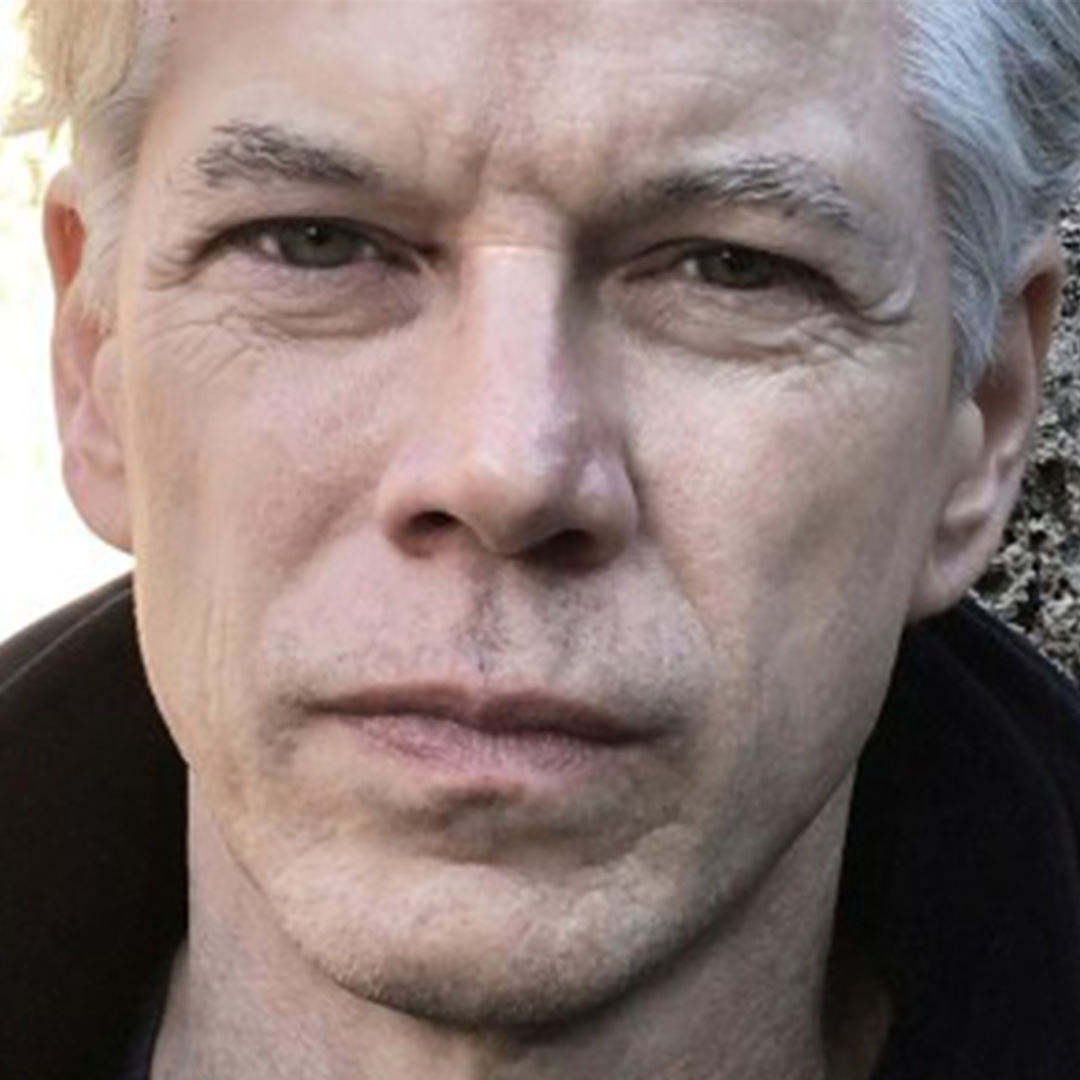17 Jan 2022 | Kazakhstan, News and features, Russia
Life is returning to normal in Almaty, Kazakhstan’s largest city and commercial capital, after the unprecedented violence that followed peaceful protests earlier in January but questions remain over the actions authorities will take about civil society activists and journalists who publicised the protests.
Peaceful protests against rising prices started in the western oil town of Zhanaozen on 2 January and spread nationwide after the government’s refusal to cut the prices of liquefied petroleum gas back to the previous level. Back in December 2011, Zhanaozen had been the scene of violent clashes between striking oil workers and security forces that left at least 16 people dead.
The protesters began putting forward demands that the government should resign when the protests spread to Almaty on the evening of 4 January with protests on the city’s main square.
Access to the independent news site Orda.kz and the KazTAG news agency were almost immediately blocked in a heavy-handed response from Kazakh authorities.
Before they were blocked, Orda.kz and other independent outlets and blogs were the only sources of reliable information during the crisis. Despite the blockage of their website, its editor-in-chief Gulnar Bazhkenova said they had worked hard to keep their Telegram channel running.
“When the internet blackout was imposed, we looked for spots where the internet still worked and we would rush there to post our content wherever possible both on the website and Telegram channel,” she said. “We also shared logins and passwords with our colleagues abroad so they could post material which we passed on to them by all means available.”
Unlike in other towns and cities in Kazakhstan, the security services began to use force and the peaceful protests turned violent. Authorities later dubbed groups who hijacked these protests as “destructive forces” and “terrorists” without showing any evidence and imposed a two-week state of emergency and curfew in the city on 5 January. The same day a total blackout of communications, including the internet, was imposed on the whole country.
On 6 January Kazakh President Kassym-Jomart Tokayev called on the Moscow-led Collective Security Treaty Organisation to send troops, mostly Russian, to restore order in Almaty.
The following day Tokayev blamed “certain human rights activists”, “free media outlets” and “foreign figures” for the tragic events which sent shockwaves sent through the country’s civil society and media circles.
As the number of those detained started rising throughout the country, exceeding 10,000 as of 13 January, many Almaty-based journalists and activists have become reluctant to share their views publicly on the ongoing events in their city.
However, Index spoke to some who would talk despite the current situation.
Ardak Bukeyeva, an independent journalist from Almaty, says that following the violence on Almaty’s main square her attempts to find out about the casualties at the city’s main morgue, ambulance hospitals and other medical facilities were fruitless because staff refused to provide the information, citing ‘no disclosure’ orders from above.
As communications were cut off, Bukeyeva headed to the city hall in the hope she would find information on missing relatives or victims. As she approached the building she heard shots fired to warn her away.
“Shutting down communications, especially the internet, violated my rights not only to access information as a citizen but also to disseminate it as journalist,” she says.
Bukeyeva hopes the human cost of suppressing genuine public protests about socioeconomic and political issues will lead to meaningful changes in the country. Kazakhstan’s former president, Nursultan Abishuly Nazarbayev, only relieved the last vestiges of his omnipotent powers after holding a tight grip on them for over 30 years in protests in 2019.
Some of those who went out to Almaty’s city square on the first night of protests when they still were peaceful say that they would not even contemplate a protest in the current atmosphere of uncertainty.
Darkhan Sharipov, an activist from the Oyan, Qazaqstan! (“Wake Up, Kazakhstan!”) civil movement for political reform, was detained on the first night of the protests and kept until 3am when the protests turned violent. The following day, he and his fellow activists went back to the square but saw the violent crowd and decided to leave.
“It was hard to maintain communications because some had internet connections, but others did not,” he said. “After that night of violence we decided not to protest because we are afraid and fear that there might be repercussions.”
Political activist Askhat Belsarimov, who was also detained on the first night of the protests, echoes Sharipov: “We can’t think of protesting at the moment. Maybe, when the foreign troops leave.”
The Collective Security Treaty Organisation troops, which had the mandate of guarding government buildings and strategic facilities, started pulling out of Almaty on 13 January. The pull-out is expected to be completed by 19 January when the state of emergency ends. Should the Russian troops overstay their welcome, it will be a completely uncertain future not only for independent journalists and human rights activists but the whole county.
As for the country’s independent media, that remains to be seen.
While access to KazTAG was unblocked relatively quickly, it took until 13 January for the unblocking of Orda.kz to be announced by pro-government media outlets.
However, Orda’s Gulnar Bazhkenova told Index this was only partially correct.
“I personally could access to our website on my phone but I cannot do it on my computer which means the block hasn’t been lifted fully,” she said. “That’s why I have appealed to President Kassym-Jomart Tokayev requesting him to order the complete lifting of the block on our website.”
Kazakhstan’s activists are still concerned despite the seeming return to normality.
Darkhan says, “[The protests] might have ended for the general public but for civil society [the crackdown] is only starting,” he says. “It’s dangerous now. We all are keeping our heads down and waiting to see what happens.”
12 Jan 2022 | News and features, Russia, Ukraine
[vc_row][vc_column][vc_single_image image=”118142″ img_size=”full” add_caption=”yes”][vc_column_text]On 10 January 2022, Yuri Dmitriev, a historian prosecuted on disputed charges of paedophilia, and his lawyers lodged appeals with the Supreme Court of Karelia where he was prosecuted. Dmitriev’s case is part of a long-running battle between the authorities and the Memorial Human Rights Centre (MHRC), whose Karelia branch was led by the historian.
The battle may be drawing to a conclusion. Two weeks’ earlier, on 28 December 2021, Russia’s Supreme Court ordered the dissolution of MHRC, which was established in 1988 by young reformers and Soviet dissidents. It was accused of not using the “foreign agent” designation on all its material indicating that it was a body “receiving overseas funding and engaging in political activities”. Prosecutor Zhafyarov also denounced Memorial for painting “the USSR as a terrorist state”.
The decision indicates that Russian President Vladimir Putin is now blatantly rehabilitating the USSR. Dmitriev’s prosecution in 2016 dates from an era when the regime was more veiled in its attack on critics of the regime. Another historian Sergei Koltyrin, who also researched Stalinist crimes in Karelia, was arrested on disputed paedophilia charges in 2018. He died in a prison hospital on 2 April 2020; Dmitriev and his defence attorney fought several appeals but on 27 December 2021 he was sentenced to 15 years in a strict-regime penal colony.
“Their real crime,” says John Crowfoot of the Dmitriev Affair website, “was to commemorate the victims of Stalinism, in particular the thousands shot at Sandarmokh killing field during the Great Terror (1937-1938).” Sandarmokh is the last resting place for as many as 200 members of Ukraine’s Executed Renaissance, who were leading figures in the blossoming of Ukrainian culture during the 1920s.
The imminent closure of Memorial will sicken many in Ukraine, where an estimated 3.9 million people died in the Holodomor famine genocide, a topic which the organisation has also helped research. Similar concern will be felt in the Baltic States and Kazakhstan, where up to 1.5 million people died of a famine related to collectivisation in 1931-33 and where Russian troops have been involved in violently crushing protests since the beginning of January 2022.
Even before the dissolution of Memorial there were attempts to restrict the discussion around Soviet-era crimes in Russia. In 2011, for example, historians were instructed to compile archival documents to deny the unique character of famine in Ukraine during 1932-33 and instructed on how to write about the subject. Yet numerous documents indicate that Ukraine and ethnically Ukrainian areas of Russia were targeted (in particular the 23 January 1933 directive sealing the borders of these areas to stop peasants fleeing starvation). And in 2008 a letter from Russian president Dmitry Medvedev to Ukrainian president Viktor Yushchenko continued the line that it was simply a tragedy when he wrote that “the tragic events of the 1930s are being used in Ukraine in order to achieve instantaneous and conformist political goals.”
There are already laws outlawing comparisons of the Soviet Union to Nazi Germany as of June 2021. But how will the decision affect debate in Russia now? According to Memorial, who I contacted for this article, their dissolution means that now, “there is only one point of view that is acceptable in discussions on historical topics, that of the state”.
Putin is playing up nostalgia for the Soviet Union. He is even surrounding Ukraine with troops and possibly considering an invasion in an attempt to boost his flagging popularity. The closure of Memorial combined with troop movements is one of many signals that he is considering not only rehabilitating but even perhaps partly renewing the Soviet Union by annexing Ukraine.
However, rather than enthusiastically flocking to join the new union Ukrainians are enlisting in territorial defense units.
Thanks in part to the work of Memorial, and Russian and Ukrainian demographers and archivists, they know that millions of their family members died at the hands of the regime and they do not want to relive that experience. Putin may succeed in stifling debate in the media and in universities but he cannot stop people in a country as big as Russia from talking. The mass graves in the tundra and across many former Soviet countries cannot be censored off the map.
Steve Komarnyckyj an award-winning poet and translator. He works on Ukrainian literary translations and is currently producing a book by Lina Kostenko[/vc_column_text][/vc_column][/vc_row][vc_row][vc_column][/vc_column][/vc_row]
24 Nov 2021 | News and features, Statements

Writer Catherine Belton
The undersigned organisations express their serious concern at the legal proceedings that are being brought against journalist and author Catherine Belton and her publisher HarperCollins.
The two defamation lawsuits are being brought by Russian businessman Roman Abramovich and the Russian state energy company Rosneft in relation to Belton’s book, Putin’s People: How the KGB took back Russia and then took on the West, which was published in April 2020.
Abramovich’s complaint relates to 26 extracts in the book, including the suggestion that his purchase of Chelsea Football Club in 2003 was directed by Russian president, Vladimir Putin. Rosneft’s complaint relates to claims that they participated in the expropriation of Yukos Oil Company, which had been privately owned by businessman Mikhail Khodorkovsky. Both claims were filed in March 2021.
“We believe that the lawsuits against Belton and HarperCollins amount to strategic lawsuits against public participation (SLAPPs),” the organisations said, referring to a form of legal harassment used by wealthy and powerful entities to silence journalists and other public watchdogs.
“SLAPPs are used to drain their targets of as much time, money, and energy as possible in order to bully them into silence. The individual may be sued personally and several lawsuits may be brought at the same time, including in different jurisdictions,” the organisations said. “These are hallmarks of SLAPPs, and they’re consistent with what Belton and HarperCollins have faced.”
Five separate claims were initially filed against Belton and HarperCollins, but three have since been resolved without the need for costs or damages being awarded to the claimants. In June 2021, Abramovich filed an additional lawsuit against HarperCollins in Australia in relation to Belton’s book.
“We, once again, urge the UK government to consider measures, including legislative reforms, that would protect public watchdogs from being subject to burdensome, lengthy, and financially draining legal actions, which can stifle public debate,” the organisations concluded. “Our democracy relies on their ability to hold power to account.”
SIGNED:
ARTICLE 19
Association of European Journalists (AEJ)
AEJ Polish Section
Blueprint for Free Speech
Campaign for Freedom of Information in Scotland (CFoIS)
Citizen Network Watchdog Poland
Cyrus R. Vance Center for International Justice
English PEN
European Centre for Press and Media Freedom (ECPMF)
Index on Censorship
IFEX
Justice for Journalists Foundation
National Union of Journalists (NUJ)
OBC Transeuropa (OBCT)
PEN International
Reporters Without Borders (RSF)
Society of Journalists, Warsaw
Spotlight on Corruption
The Daphne Caruana Galizia Foundation




